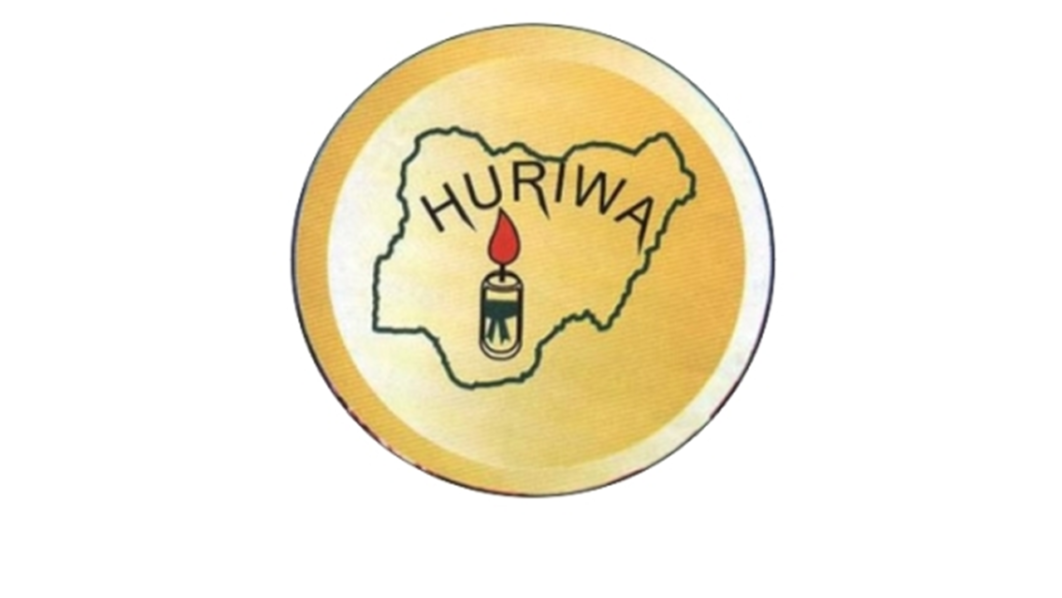
The Human Rights Writers Association of Nigeria (HURIWA) has expressed serious concerns over the recent revelation by the Chief of Defence Staff, General Christopher Musa, about the inability of Nigerian intelligence agencies to trace and disrupt the funding and training networks sustaining Boko Haram for over 15 years.
The association described the situation as a damning indictment of the country’s intelligence institutions and a troubling failure to justify their substantial annual budgets.
The group noted that General Musa, in a recent interview with Al-Jazeera, reportedly emphasised the need for a United Nations-led investigation into the international flow of funds to Boko Haram.
He questioned how insurgents managed to sustain themselves financially and operationally for such an extended period and suggested the possibility of international conspiracies at play.
But HURIWA highlighted the paradox of a nation with robust intelligence institutions yet unable to detect or prevent financial and logistical support for insurgent groups.
The association noted that “the Directorate of Military Intelligence (DMI), Department of State Services (DSS), and Nigerian Intelligence Agency (NIA) are tasked with key roles in safeguarding national security, stressing that their apparent failure to address Boko Haram’s funding raises fundamental questions about their operational effectiveness.”
According to the group, the DMI is responsible for gathering, processing, and disseminating military intelligence to support Nigeria’s armed forces.
“The DSS is tasked with internal security, including counterintelligence and the prevention of sabotage, espionage, and terrorism.
“The NIA is mandated to handle foreign intelligence and counterintelligence. Together, these agencies are meant to form a comprehensive intelligence apparatus capable of addressing national security threats,” HURIWA said.
The group, through its national coordinator, Emmanuel Onwubiko, frowned that despite these institutional frameworks, Boko Haram continues to thrive, now deploying advanced technologies like drones for surveillance.
He questioned whether the enormous resources allocated to these agencies are being effectively utilised or wasted. The association also raised concerns about possible corruption, inefficiencies, and lack of accountability within these institutions, urging a thorough audit of their operations.
It said: “General Musa’s remarks about the difficulty in procuring military equipment further underscored the broader systemic challenges facing Nigeria’s defense and security sector.
“The CDS lamented that “even with available funds, acquiring critical military equipment has proven difficult.”
HURIWA questioned whether the bottlenecks in procurement are a result of bureaucratic inefficiencies or external sabotage, calling for urgent reforms to address these barriers.
It also criticised the government’s apparent reliance on external interventions, such as the proposed UN investigation, to address internal security challenges.
While acknowledging the value of international cooperation, the association emphasised that “the primary responsibility for safeguarding Nigeria lies with its own institutions.”
The association reiterated its call for accountability, urging Nigerians to demand better governance and oversight in the management of the country’s intelligence and security apparatus.






